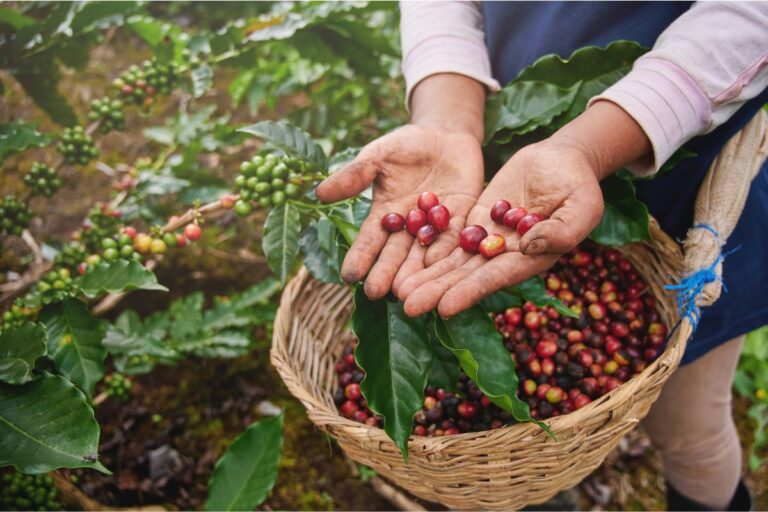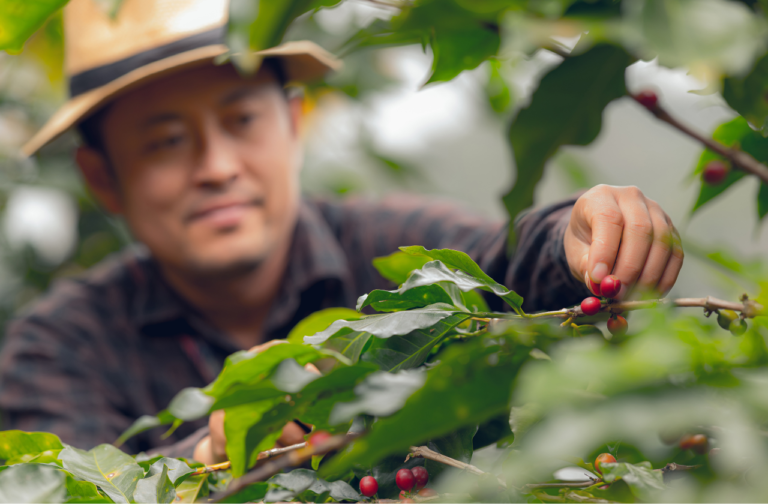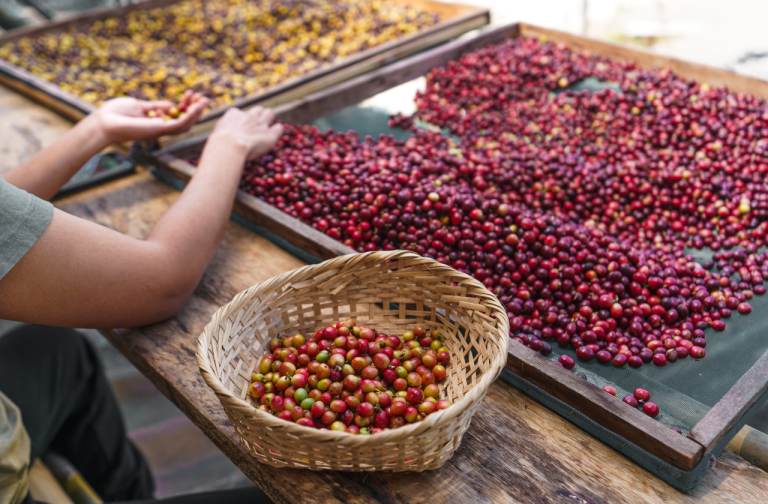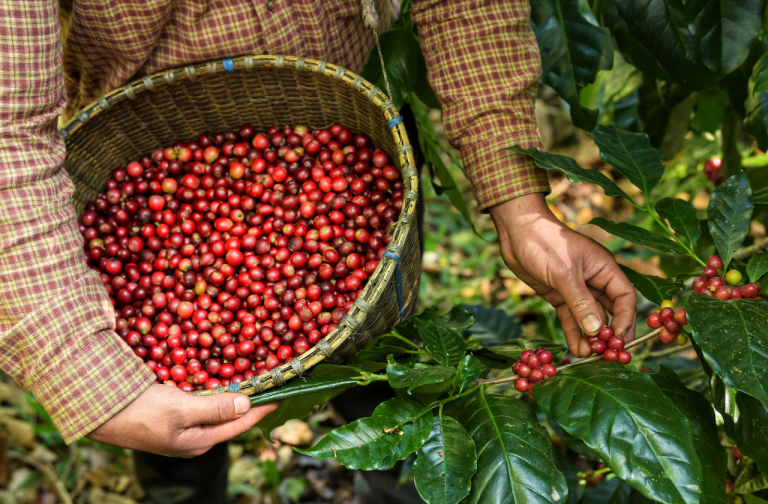What Is Single-Origin Coffee?
Embark on an exploration of single-origin coffee. Learn about its unique qualities, how to choose and brew it, and its role in sustainable coffee farming.

Embark on an exploration of single-origin coffee. Learn about its unique qualities, how to choose and brew it, and its role in sustainable coffee farming.

Coffee brings people together with its remarkable ability to transcend cultural boundaries and unite people from diverse backgrounds

Arabica: Complex, fruity, bright. Robusta: Bold, earthy, low acidity. Excelsa: Exotic, bright, medium body. Liberica: Bold, woody, low acidity. Specialty: Diverse, balanced, premium experience.

From the espresso-to-milk ratio to the cultural roots, each drink has a distinct flavor profile.

Coffee holds a special place is cultures wordwide, as it has become an important part of traditions, events, social gatherings, and certain rituals in many societies internationally.

As passionate enthusiasts dedicated to mastering the art of coffee, embarking on the journey of coffee brewing often involves navigating through a myriad of techniques, each promising a unique and delightful cup. The landscape of coffee-making is diverse, featuring various methods that vie for attention,…

Arabica coffee beans taste better, but Robusta coffee beans are easier to grow and produce more caffeine.

To brew good drip coffee, choose good coffee beans, ground medium-fine. Brew with a 1:15 coffee-water ratio by weight, with good quality water.

Excessive coffee consumption is not good for you, and can have severe consequences, including caffeine dependency.

On average, a cup of brewed coffee contains roughly 95 mg of caffeine. However, the caffeine content can vary depending on the factors mentioned earlier.

Organic coffee farming is a method of coffee production that uses environmentally friendly and sustainable practices without using synthetic fertilizers, pesticides, or GMOs. Organic farming relies on natural resources and ecosystem services to produce high-quality coffee.

Organic coffee must be grown with specific clean and sustainable methods, processed with organic techniques, free of pesticides and synthetic fertilizers, and must be grown entirely naturally. Organic coffee usually tastes more complex and well-balanced than regular coffee.
No products in the cart.